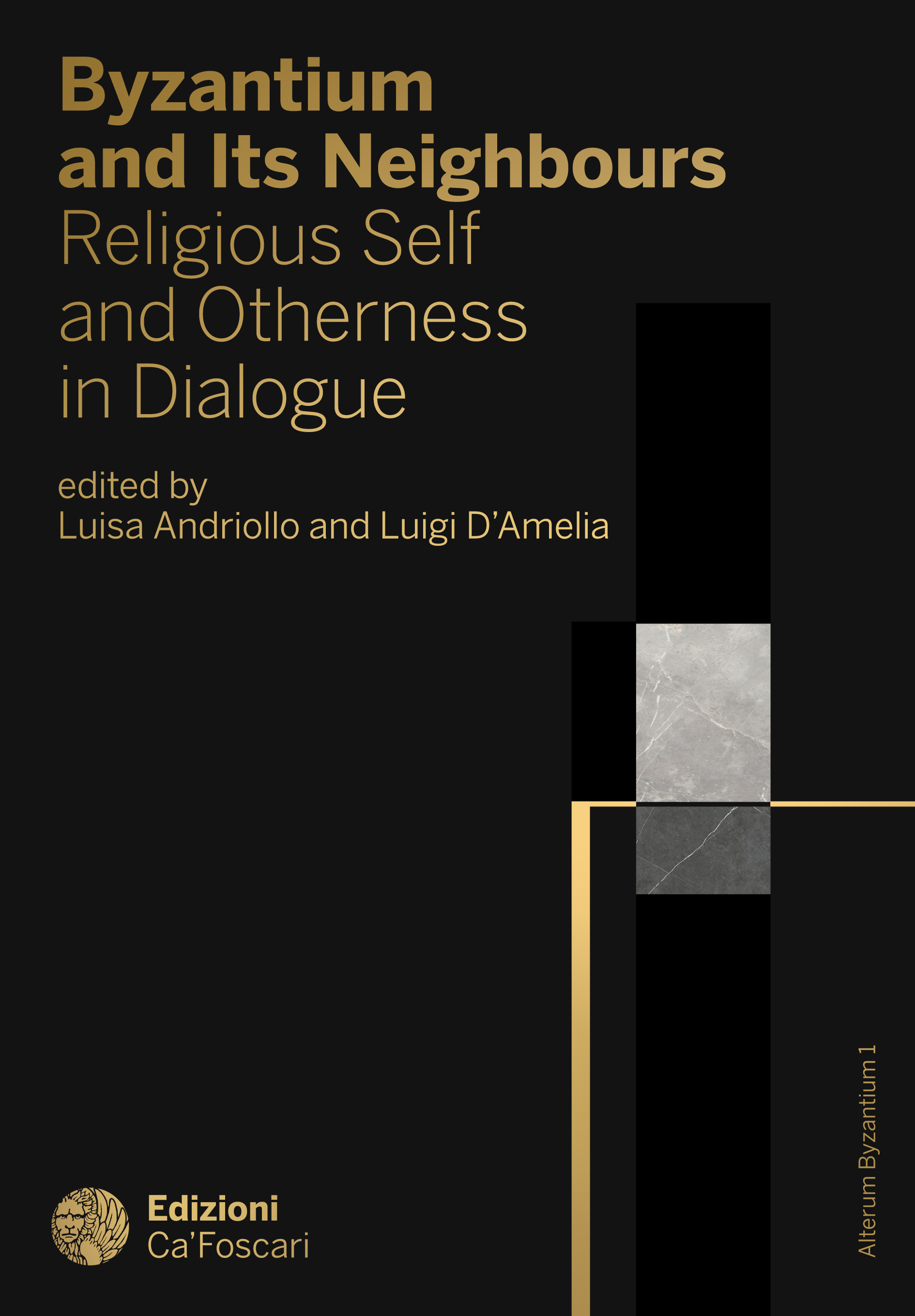Series |
Alterum Byzantium
Review | Byzantium and Its Neighbours
Chapter | Hate Speech, Ethnoreligious Prejudices, and Stereotypes in Byzantine Literature
Hate Speech, Ethnoreligious Prejudices, and Stereotypes in Byzantine Literature
Outline of an Ongoing Research Project
Abstract
In this article, the Author presents the theoretical framework for the research project LiDoBIPH: A Linguistic Dossier of Byzantine Interreligious and Interconfessional Prejudice and Hatred. The project examines Greek derogatory verbs and epithets used by Byzantine writers to describe Muslims and Latins. It focuses on terms found in Byzantine literature from the seventh to the mid-fourteenth century (anti-Islamic) and from the ninth to the early thirteenth century (anti-Latin). The framework includes an overview of the historiographical debate on identity and alterity in Byzantine studies and evaluates the concept of hate speech and its socio-psychological implications. It also proposes a distinction between literary invective and hate speech in Byzantine texts. Furthermore, the article discusses related studies, the adopted methodology, and the criteria for selecting the literary corpus, highlighting the project’s potential contribution to Byzantine studies.
Submitted: June 14, 2024 | Accepted: July 4, 2024 | Published Dec. 30, 2024 | Language: en
Keywords Methodology • Alterity • Hate speech • Interdisciplinarity • Muslims • Invective • Theory • Collective identity • Latins • Ethnic and religious stereotypes • Greek language • Byzantine literature • Derogatory labels
Copyright © 2024 Luigi D'Amelia. This is an open-access work distributed under the terms of the Creative Commons Attribution License (CC BY). The use, distribution or reproduction is permitted, provided that the original author(s) and the copyright owner(s) are credited and that the original publication is cited, in accordance with accepted academic practice. The license allows for commercial use. No use, distribution or reproduction is permitted which does not comply with these terms.
Permalink http://doi.org/10.30687/978-88-6969-837-8/002





